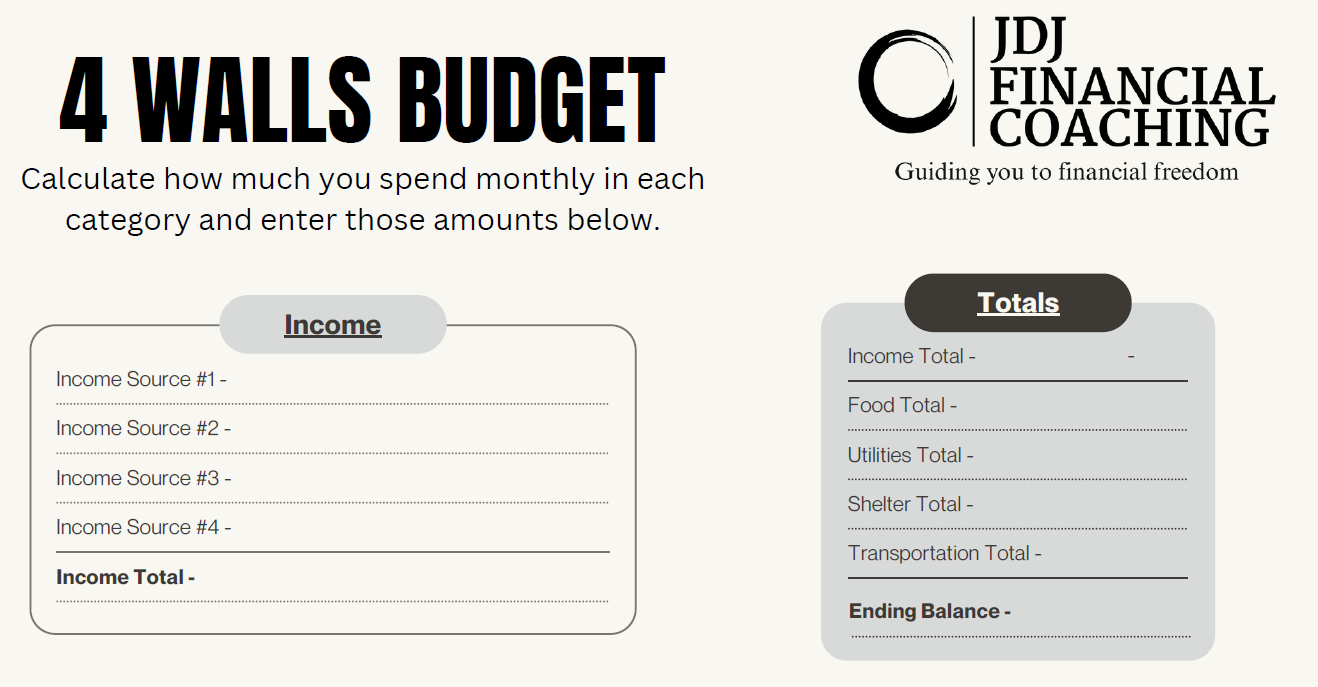10 Practical Tips for Building an Emergency Fund
Emergency Fund!

In the realm of personal finance, few things are as crucial as having a robust emergency fund. An emergency fund serves as a financial safety net, providing peace of mind and protection against unexpected expenses or financial hardships. Whether it's a sudden medical bill, car repair, or job loss, having a cushion to fall back on can make all the difference. If you're looking to establish or beef up your emergency fund, here are ten practical tips to help you get started:
Set a Clear Savings Goal: Determine how much you want to save for your emergency fund. Financial experts often recommend having three to six months' worth of living expenses saved up, but your specific situation may warrant a different target. Calculate your monthly expenses and set a realistic savings goal based on your needs.
Start Small, But Start Today: Don't feel overwhelmed by the thought of saving several months' worth of expenses right away. Begin by setting achievable weekly or monthly savings targets. Even saving a small amount consistently can add up over time. The key is to get started as soon as possible.
Automate Your Savings: Make saving for your emergency fund a priority by setting up automatic transfers from your checking account to your savings account. Treat it like any other bill that needs to be paid. By automating your savings, you'll be less tempted to spend the money elsewhere.
Cut Unnecessary Expenses: Take a close look at your spending habits and identify areas where you can cut back. This might involve dining out less frequently, canceling subscription services you don't use, or finding ways to lower your utility bills. Redirect the money you save towards your emergency fund.
Create a Separate Account: Keep your emergency fund separate from your regular checking or savings accounts to avoid dipping into it for non-emergencies. Consider opening a high-yield savings account or a money market account that offers better interest rates while still providing easy access to your funds when needed.
Stay Consistent: Building an emergency fund requires discipline and consistency. Stick to your savings plan even when times are good. Avoid the temptation to splurge just because you have extra money available. Remember, your emergency fund is for emergencies only.
Use Windfalls Wisely: If you receive unexpected windfalls such as tax refunds, bonuses, or cash gifts, resist the urge to spend them frivolously. Instead, allocate a portion of these windfalls towards your emergency fund. It's an excellent opportunity to give your savings a significant boost without impacting your regular budget.
Reassess and Adjust: Periodically review your savings goals and adjust them as needed based on changes in your financial situation. Life circumstances, such as marriage, starting a family, or buying a home, may warrant revisiting your emergency fund target and making adjustments accordingly.
Stay Focused on Your Priorities: While it's essential to save for emergencies, it's equally important to prioritize your other financial goals, such as retirement savings or paying off debt. Find a balance that allows you to make progress on multiple fronts without neglecting any critical areas of your financial plan.
Celebrate Milestones: Building an emergency fund is a significant accomplishment worthy of recognition. Celebrate reaching savings milestones along the way to keep yourself motivated and reinforce positive financial habits. Just be sure to celebrate in a budget-friendly manner that doesn't derail your progress.
In conclusion, building an emergency fund is an essential aspect of financial planning that provides stability and security in uncertain times. By following these practical tips and staying committed to your savings goals, you can create a financial cushion that will serve you well in times of need. Start today, stay disciplined, and watch your emergency fund grow over time. Your future self will thank you for it.
a b c d e f g h i j k l m n o - Do not remove from template!!! it is important to support different fonts

(331) 210-4786


